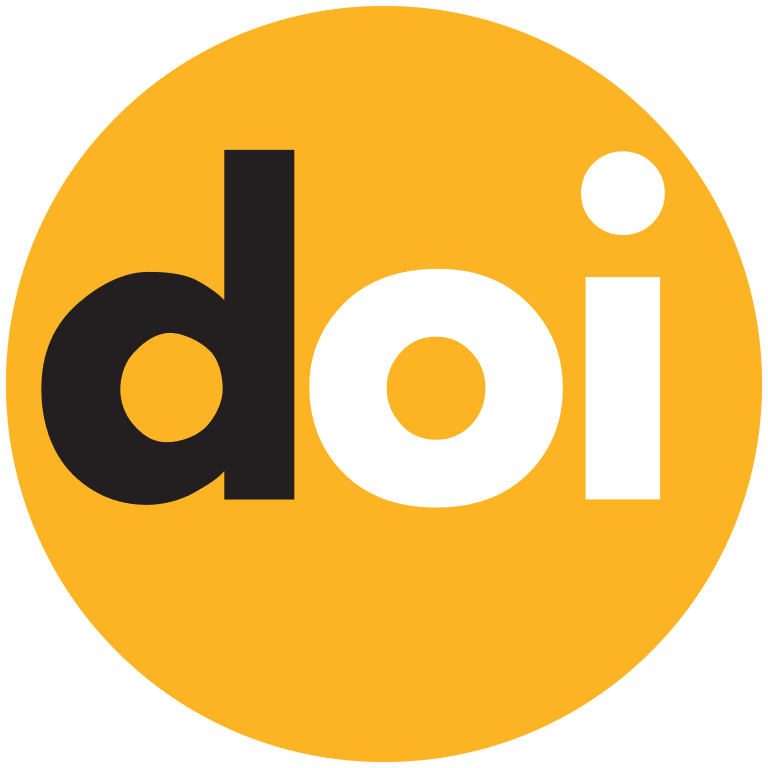E-service consists of various actors. Today, there is a wide range of actors involved. Public, private, and government connected in such complex way to create the e-service world we know today. However, the broad and complexity of the environment raises challenges for policy makers and regulators, such as tax. Until now, there is no tax regulation that specifically regulates trading activities using information technology, also known as an e-service. It operates globally without physical boundaries of a nation. However, rules can be different among nations. The initial step to make these rules is the classification of types of services using information technology, based on the business actors involved. Lack of classification raises problems, such as overlapping business segmentation, which may lead to inaccurate classification of the treatment. That is why a complete classification of e-service is needed. This study proposes a classification of e-service based on provider of the service, origin of goods and service, and the destination of goods and services in Indonesia. Research data obtained through literature studies and surveys of information technology-based service provider sites. We propose 27 categories of e-business classification, which can be used further, such as to cluster business and as a basis for regulation.
Keywords: classification, e-service, 27 categories


